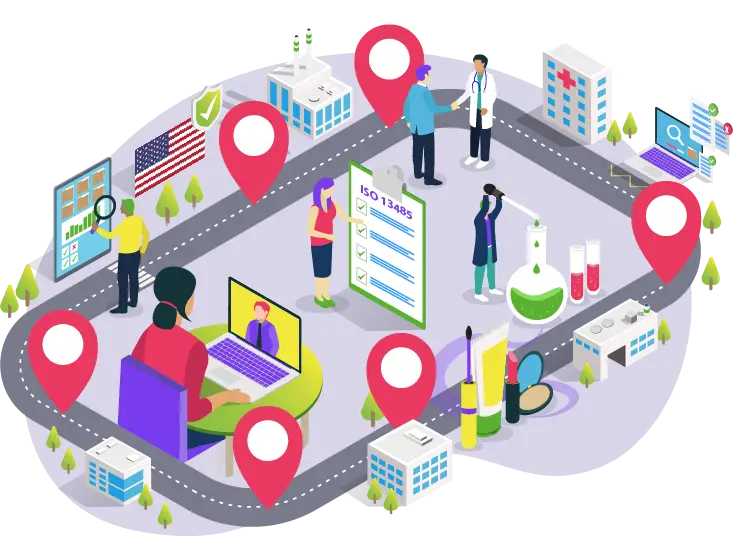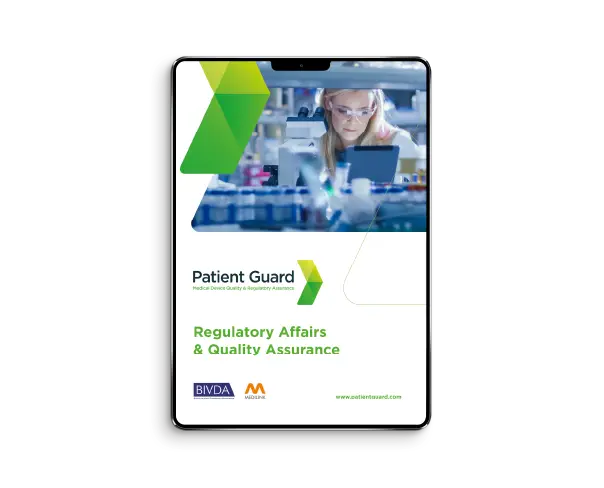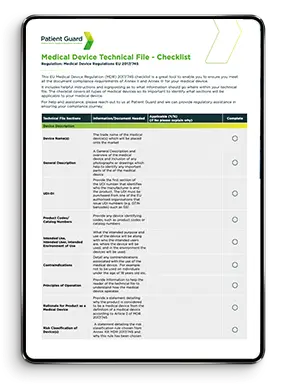Introduction
In the highly regulated and ever-evolving world of medical devices, bringing a new product to market or ensuring regulatory compliance can be a complex and challenging process. This is where a medical device consultancy comes into play. These companies provide expert guidance, helping businesses navigate the intricate paths of regulatory standards, product development, and market entry. But how do these medical device consultancy firms compare to hiring an individual medical device consultant? Let’s dive in.
What is a Medical Device Consultancy?
A medical device consultancy is a firm that offers specialized services for companies involved in the development, manufacturing, and marketing of medical devices. These consultancies typically have teams of experts who provide a wide range of services, from regulatory strategy to product development, quality management systems (QMS), and market access.
These companies are well-versed in the global regulatory landscape, including standards and regulations including the U.S. FDA requirements, European MDR and IVDR, and ISO 13485. They assist throughout the product lifecycle, ensuring that medical devices meet all necessary requirements for safety, efficacy, and market approval.

Key Services Offered by Medical Device Consultancy Companies
Medical device consultancy companies offer a broad spectrum of services, including:
- Regulatory strategy and submissions: Helping companies prepare regulatory submissions such as 510(k), PMA, or CE marking.
- Quality Management Systems (QMS): Setting up and maintaining compliance with ISO 13485 or FDA’s 21 CFR Part 820.
- Clinical evaluation and trials: Designing and managing clinical trials to gather the necessary data for regulatory approval.
- Risk management: Assessing and mitigating potential risks associated with medical devices in compliance with ISO 14971.
- Market access and post-market surveillance: Helping companies enter new markets and ensuring ongoing compliance once products are launched.
Medical Device Consultancy vs. Individual Medical Device Consultant
While a medical device consultancy offers a wide range of services through a large team of experts, an individual medical device consultant is typically a solo expert who provides specialized services. Each option comes with its own advantages and disadvantages.
Advantages of Medical Device Consultancy Companies
- Access to Diverse Expertise: One of the biggest advantages of hiring a medical device consultancy is that you gain access to a team of professionals with varied expertise. Whether you need help with regulatory affairs, quality systems, or product development, they can assemble the right specialists for your project.
- Project Management Capabilities: consultancy companies often have the capacity to manage complex projects across multiple areas. They can assign project managers to ensure smooth coordination and timely completion of tasks.
- Larger Resources: Medical device consultancy companies typically have more resources at their disposal. This allows them to handle larger projects and tight deadlines that might overwhelm an individual consultant.
- Risk Mitigation: With a team in place, consultancy firms are less vulnerable to delays caused by unforeseen issues, like the absence of key personnel. There’s always a backup expert available to continue the project without interruption.
Disadvantages of Medical Device Consultancy Companies
- Higher Costs: Due to their extensive resources and larger teams, medical device consultancy companies generally come with a higher price tag. Their services can be expensive, particularly for smaller companies or startups.
- Less Personalization: While medical device consultancy companies can offer comprehensive solutions, the experience may feel less personalized. Since multiple team members may work on your project, communication can sometimes feel fragmented.
Advantages of Individual Medical Device Consultants
- Cost-Effective: Individual consultants typically charge less than medical device consultancy firms. For smaller businesses or more focused projects, this can be a more affordable option.
- Personalized Attention: When you work with an individual consultant, you’re more likely to receive highly personalized service. The consultant dedicates their time and attention to your project, and communication tends to be more direct and transparent.
- Niche Expertise: If you’re looking for deep expertise in a specific area, an individual consultant may be the best fit. Many consultants specialize in particular aspects of medical devices, such as regulatory affairs, clinical evaluation, or product development.
Disadvantages of Individual Medical Device Consultants
- Limited Resources: Individual consultants may not have the bandwidth to take on larger or more complex projects. Their ability to meet tight deadlines may also be limited, especially if they have multiple clients.
- Lack of Backup: If an individual consultant becomes unavailable due to illness or other reasons, your project may experience delays. Unlike a medical device consultancy, they may not have backup resources in place.
Choosing the Right Option for Your Business
When deciding between a medical device consultancy and an individual consultant, it’s essential to consider your project’s scope, timeline, and budget. If you’re working on a large-scale project with multiple regulatory and quality challenges, a medical device consultancy may be the best choice due to its wide range of expertise and resources. However, for smaller projects or highly specialized tasks, an individual consultant can offer cost-effective, personalized service.
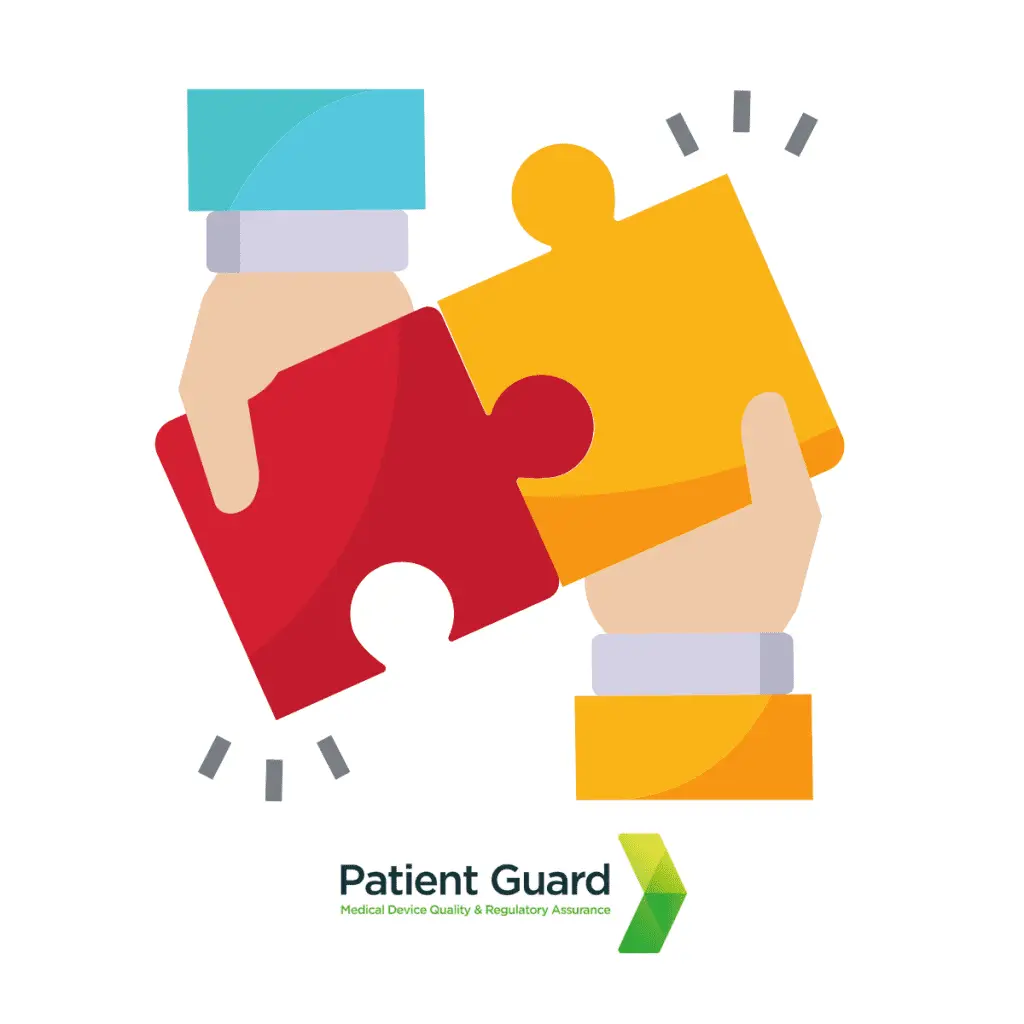
Some of the Top Medical Device Consultancy Companies
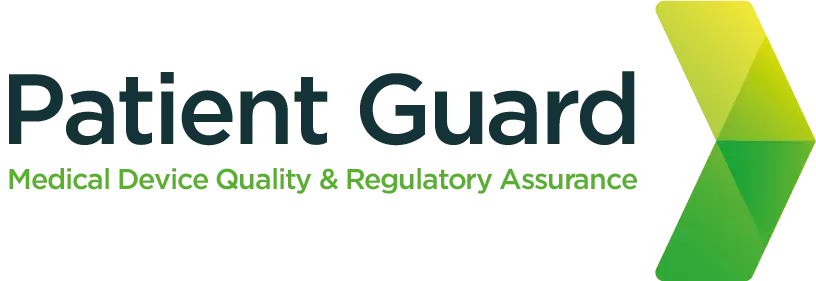
Patient Guard
Patient Guard established in 2017 has grown to be one of the top medical device and IVD consultancy companies in the UK offering Regulatory Support to EU Regulations, UK Regulations and FDA Regulations as well as Quality Assurance support in line with ISO 13485. With offices in the UK and Germany, Patient Guard also provides Medical Device UK Responsible Person Services and EU Authorised Representative Services.

LFH Regulatory
LFH Regulatory was established in 2019 provides Medical Device and IVD consultancy, based in the UK they provide Regulatory Support to the EU Regulations, UK Regulations and FDA Regulations as well as offering Quality Assurance services and UK Responsible Person Services.
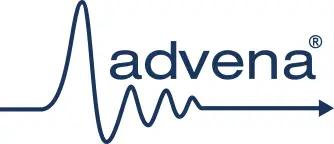
Advena Medical
Advena Medical has been established for over 25 years and focus on Medical Device Regulatory Consultancy, Cosmetics Regulation and Quality Management.
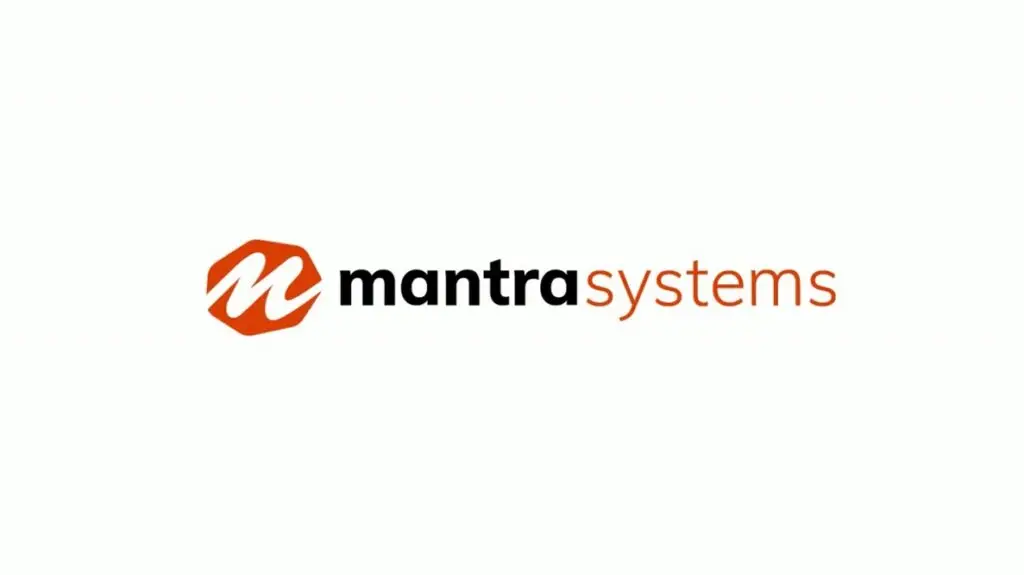
Mantra Systems
Mantra Systems focus on EU MDR and IVDR consultancy and specialise in Clinical Evaluation and Post Market Clinical Follow-up
Summary
A medical device consultancy provides invaluable support for navigating the complexities of product development, regulatory compliance, and market access. However, whether you choose a large medical device consultancy or an individual consultant depends on your specific needs, budget, and project scale.
By weighing the advantages and disadvantages of each option, you can make a more informed decision that aligns with your business goals and ensures the success of your medical device project.
FAQs
Medical device consultancy provides expert guidance to manufacturers to help them navigate the complex regulatory landscape for medical devices and in vitro diagnostics (IVDs). Consultants assist in meeting compliance requirements, achieving certifications, and ensuring market access.
Key insight: A medical device consultant can streamline the regulatory process, saving manufacturers time and resources.
Manufacturers may need consultancy to:
- Navigate regulatory frameworks like MDR (EU), IVDR (EU), or UK Medical Device Regulations.
- Prepare technical documentation and clinical evaluations.
- Implement quality management systems (e.g., ISO 13485).
- Respond to audits or regulatory body requests.
- Manage post-market surveillance and vigilance.
Why it matters: Non-compliance can result in delays, fines, or product recalls, making expert guidance invaluable.
Medical device consultants offer a wide range of services, including:
- Regulatory Strategy Development: Tailoring compliance plans for MDR, IVDR, or UK regulations.
- Technical Documentation Support: Assisting with risk assessments, clinical evaluations, and labeling.
- CE and UKCA Marking Assistance: Guiding manufacturers through certification processes.
- Quality Management System Implementation: Helping set up and maintain ISO 13485-compliant systems.
- Post-Market Surveillance: Developing PMS and vigilance plans.
- Training and Education: Equipping teams with the knowledge to handle regulatory challenges.
Pro tip: Choose a consultant with expertise in your specific device type or market.
Consultants streamline the CE and UKCA marking process by:
- Determining device classification and applicable standards.
- Preparing and reviewing technical documentation.
- Coordinating with Notified Bodies (CE marking) or UK Approved Bodies (UKCA marking).
- Ensuring compliance with labeling, risk management, and performance requirements.
Key takeaway: Expert support reduces the risk of errors and accelerates certification timelines.
Consultants assist manufacturers in implementing and maintaining a QMS compliant with ISO 13485 or other applicable standards. Their role includes:
- Conducting gap analyses.
- Drafting quality procedures and policies.
- Preparing for certification audits.
- Providing ongoing QMS support and training.
Why it matters: A robust QMS ensures consistent product quality and simplifies regulatory approvals.
For startups and small manufacturers, consultants provide:
- Affordable, scalable regulatory solutions.
- Assistance with early-stage design and development processes.
- Guidance on market entry strategies.
- Support with cost-effective compliance planning.
Pro tip: Engaging a consultant early can help avoid costly missteps and accelerate product launch.
Post-market surveillance is a critical regulatory requirement under MDR and IVDR. Consultants help by:
- Developing PMS plans and reports.
- Monitoring adverse events and reporting them to authorities.
- Supporting post-market clinical follow-up (PMCF) activities.
- Analyzing feedback for continuous improvement.
Key insight: Effective PMS ensures ongoing compliance and improves patient safety.
Consultants work with a variety of industries, including:
- Class I, IIa, IIb, and III medical devices (e.g., surgical instruments, implants).
- In vitro diagnostics (IVDs): From low-risk devices to high-risk IVDs like infectious disease tests.
- Digital health technologies: Including medical software and mobile apps.
- Combination products: Devices that incorporate medicinal substances.
Why it matters: Specialized knowledge ensures tailored solutions for your specific device type.
When selecting a consultancy, consider:
- Expertise: Knowledge of specific regulatory frameworks (e.g., MDR, IVDR, UK regulations).
- Experience: Proven track record in assisting similar devices or markets.
- Accreditation: Familiarity with ISO standards and Notified Body processes.
- Responsiveness: Ability to meet deadlines and handle urgent issues.
Tip for manufacturers: Read testimonials or case studies to assess the consultancy’s success rate.
Without expert guidance, manufacturers may encounter:
- Regulatory Delays: Misinterpreting requirements or missing documentation deadlines.
- Non-Compliance Risks: Failure to meet safety, performance, or labeling standards.
- Increased Costs: Unnecessary testing or corrections during certification.
- Market Barriers: Delayed or denied access to EU, UK, or other markets.
Key takeaway: Partnering with consultants minimizes risks and enhances regulatory success.
Yes! Patient Guard specializes in comprehensive medical device and IVD consultancy services, including:
- Regulatory strategy and compliance planning.
- CE and UKCA marking support.
- Technical documentation preparation.
- QMS implementation and training.
- Post-market surveillance and vigilance support.
Why choose Patient Guard: With over 500 satisfied clients and extensive experience in MDR, IVDR, and UK regulations, we ensure seamless market access for your medical devices.
Reputable consultants:
- Attend industry conferences and training sessions.
- Subscribe to regulatory body updates (e.g., EU MDR guidance, MHRA notifications).
- Collaborate with global regulatory networks for insights.
- Continuously review standards and guidance documents.
Pro tip: Choose a consultancy with a demonstrated commitment to staying current with regulatory changes.

